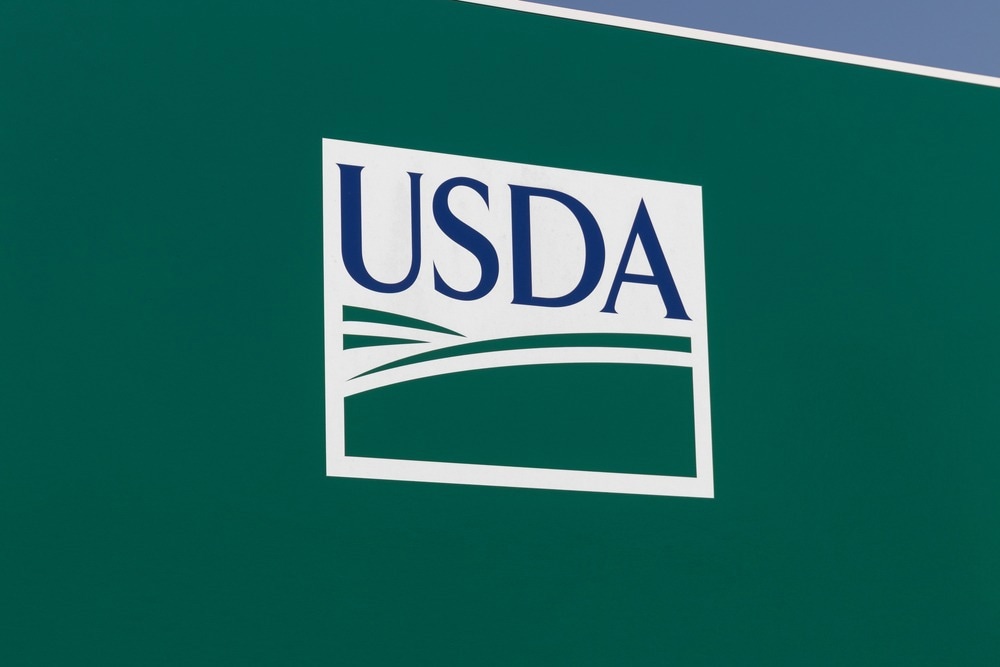The coronavirus disease 2019 (COVID-19) pandemic, which is caused by infection with the severe acute respiratory syndrome coronavirus 2 (SARS-CoV-2), has claimed more than 6.5 million lives worldwide. In addition to directly affecting humans, this virus has also been detected in animals in the United States.
The U.S. Department of Agriculture (USDA) Animal and Plant Health Inspection Service (APHIS) has recently updated its web-based dashboard to provide information on all SARS-CoV-2 variants detected in animals. This information is extremely important to contain the ongoing COVID-19 pandemic, as well as protect both animals and humans from infection.

Study: USDA Announces Updated Dashboard with Data on SARS-COV-2 Variants Detected in Animals. Image Credit: Jonathan Weiss / Shutterstock.com
Importance of USDA APHIS
For about fifty years, the USDA APHIS has been protecting the health and quality of American agriculture and natural resources. APHIS, which works at local, regional, national, and global levels, has followed a One Health strategy to eradicate and control diseases in livestock and wildlife.
One Health is a collaborative, transdisciplinary, and multisectoral approach that focuses on maintaining optimal health, which depends on the intra-relationship between people, animals, plants, and their shared environment. For example, APHIS has focused on eliminating tuberculosis in cattle and reducing the manifestation of rabies in wildlife.
Globally, millions of people benefit from the APHIS program, as it provides shelter to household pets and protects them from harm during adversity, ensures appropriate and cost-effective food supplies, and protects forests and communities from various unwanted events. In addition to its focus on animal and plant welfare, APHIS also addresses issues related to wildlife damage management, biotechnology, and global trade.
Recent updates on SARS-CoV-2 variants in animals
APHIS scientists have studied the impact of SARS-CoV-2 in animals through routine surveillance, testing, and analysis. To this end, COVID-19 has been identified in several animal species, such as dogs, cats, minks, white-tailed deer, mule deer, and zoo animals including lions, tigers, gorillas, snow leopards, and otters.
Although APHIS scientists are conducting continuous surveillance to detect SARS-CoV-2 in animals, no evidence has indicated that animals play a significant role in viral transmission to humans. In fact, all available data have independently suggested that the risk of animals transmitting SARS-CoV-2 to humans is extremely low.
Future directions
Currently, APHIS is conducting multiple projects under the American Rescue Plan Act to better understand how SARS-CoV-2 behaves in different animals. APHIS also hopes to elucidate how the virus moves between animals and humans. Taken together, these invaluable insights will help disrupt the chain of viral transmission.
APHIS is also working on building its capacity to address future emerging threats, as well as prevent and/or minimize the incidence of future pandemics. Furthermore, this organization aims to protect the health and welfare of animals, as it has been doing for many years.